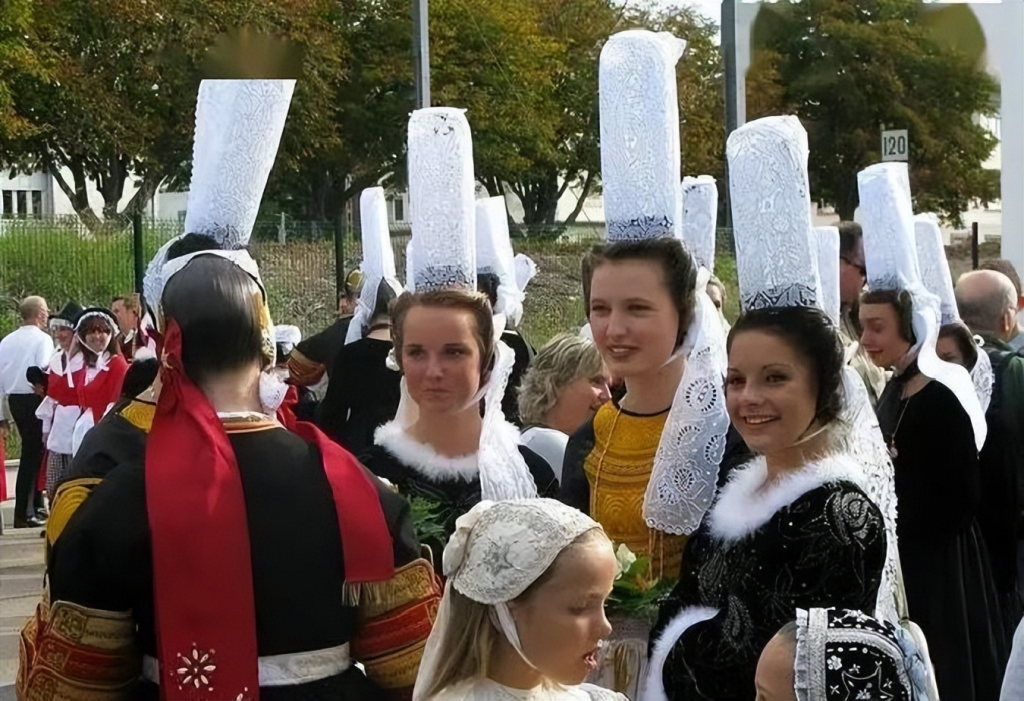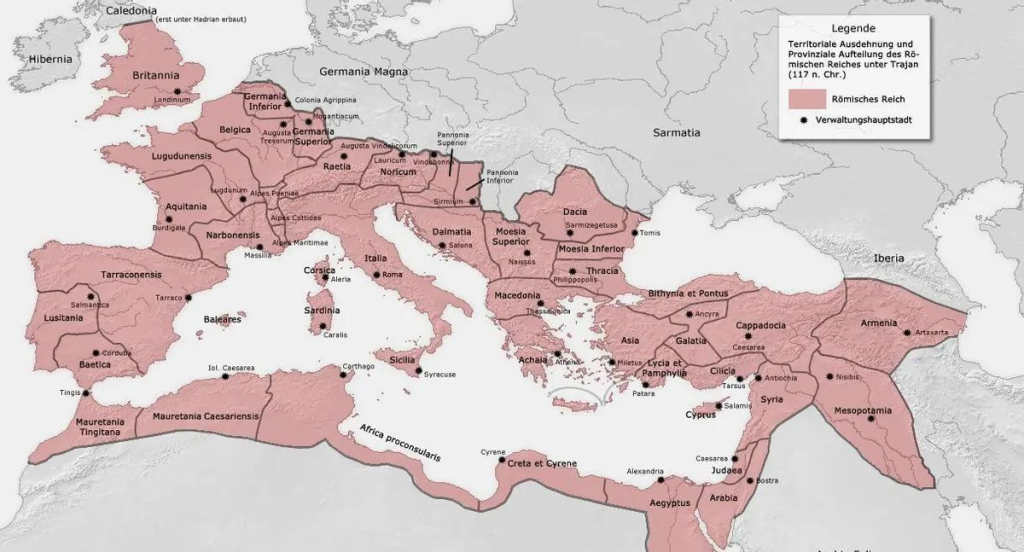The Peninsula That Refused to Be “Frenchified”

Ask Parisians about Brittany, and they’ll likely squint and mutter: “Those folks? A bit… different.” Strange indeed. Officially part of France, this westernmost region shares deeper cultural, linguistic, and ancestral ties with Britain across the Channel. Its very name—Brittany—means “Little Britain,” a twist of fate where the land clings to an identity squeezed between giants.

🧬 Ancient Roots: Celtic Kinship Across the Sea
- Shared Origins: Brittany’s people—the Britons—descend from the same Celtic tribes as early inhabitants of Britain. Driven westward by continental turmoil millennia ago, some settled here; others crossed the sea to conquer Gaelic tribes in Britain.
- Rome’s Shadow: When Britons aided Gauls against Julius Caesar, they drew Rome’s wrath. Caesar’s failed invasion of Britain (55 BCE) exposed them to imperial ambition—yet Brittany remained a refuge. Centuries later, as Rome crumbled, Britons fled Saxon invaders, returning to their ancestral kin in Brittany.

⚔️ Medieval Maneuvers: Sovereignty in the Cracks
- Defying Empires: While Frankish kingdoms rose and fell, Brittany played a masterful game. In 845 CE, amid Frankish civil strife, it declared itself the Kingdom of Brittany—maintaining autonomy for centuries.
- Viking Ploy: Under Norse attacks, Brittany’s duke “submitted” to West Francia in 939, accepting a ducal title while ruling independently—“outwardly compliant, inwardly defiant.”
- 1066 and All That: When Normandy’s duke conquered England, Brittany became a pawn in Anglo-French power plays. During the Hundred Years’ War, it hedged bets—allying with neither England nor France fully, surviving through calculated ambiguity.

👑 The Duchess’s Gambit: Anne of Brittany’s Tragedy
- Last Stand: By 1488, Brittany was France’s final unconquered territory. Its heir, Duchess Anne, faced a dilemma: marry Holy Roman Emperor Maximilian to preserve independence or succumb to France.
- Forced Union: French King Charles VIII besieged her, forcing marriage in 1491. When he died childless, his successor Louis XII remarried her—erasing Brittany’s sovereignty through royal weddings. Formal annexation followed in 1532.

💔 Unbroken Spirit: The Brittany That Endures
- Language Alive: Breton (a Celtic tongue closer to Welsh than French) still echoes in coastal villages.
- Symbolic Resistance: The Gwenn-ha-du flag flies defiantly; festivals revive druidic traditions.
- Cultural Kinship: Bretons bond with Wales, Scotland, and Ireland over shared Celtic roots—singing ancestral ballads France never silenced.
“History’s cruelest irony: Brittany never fully became French, yet never ceased to be itself. In its unpolished edges lies a stubborn grace—proof that some identities refuse to be smoothed away.”